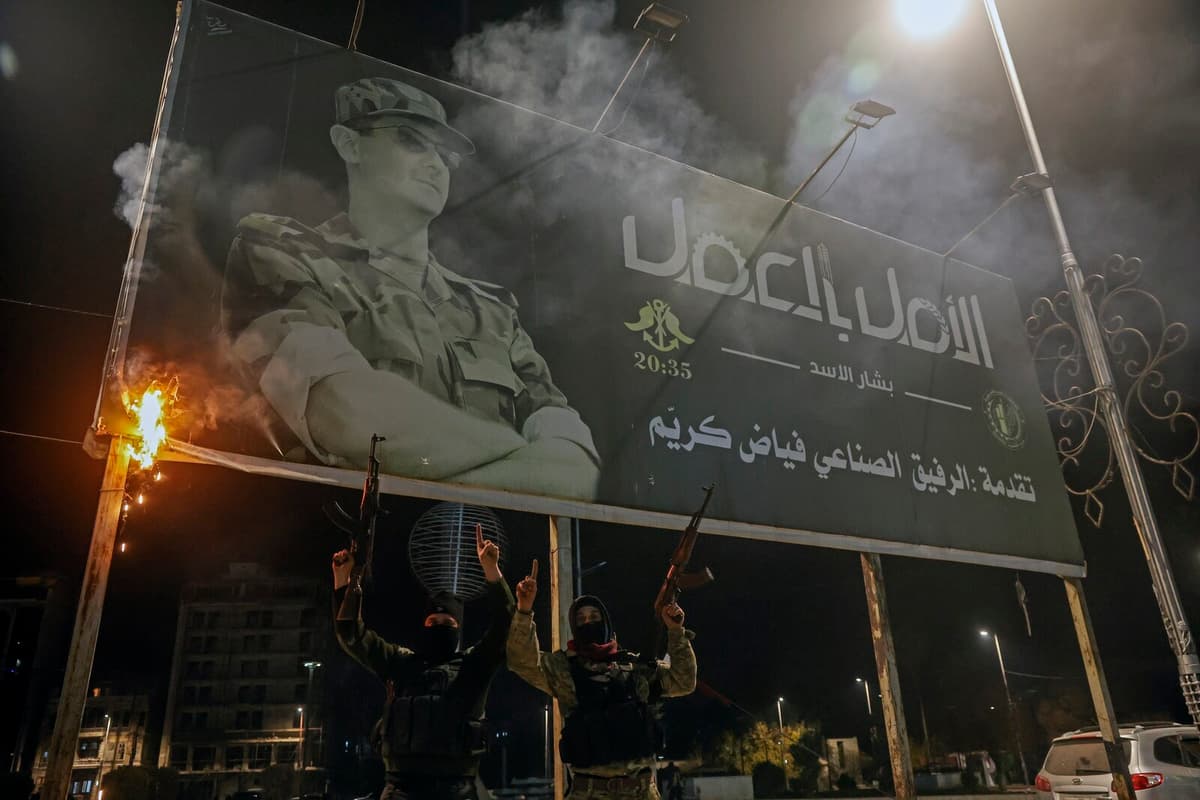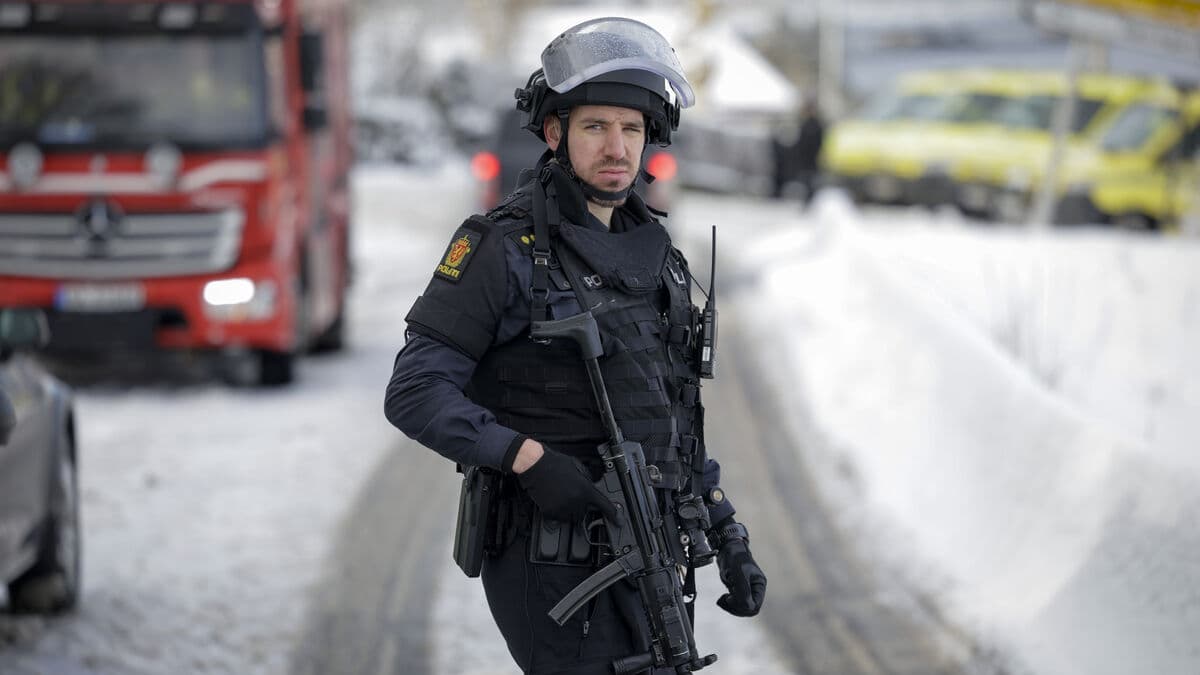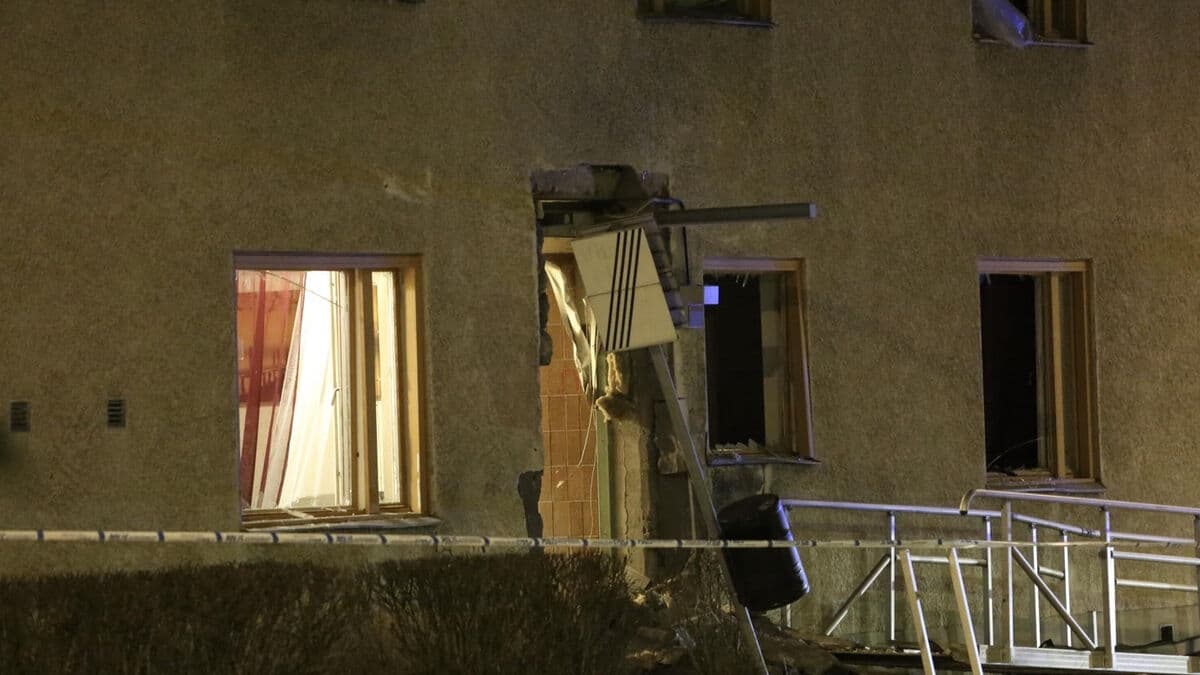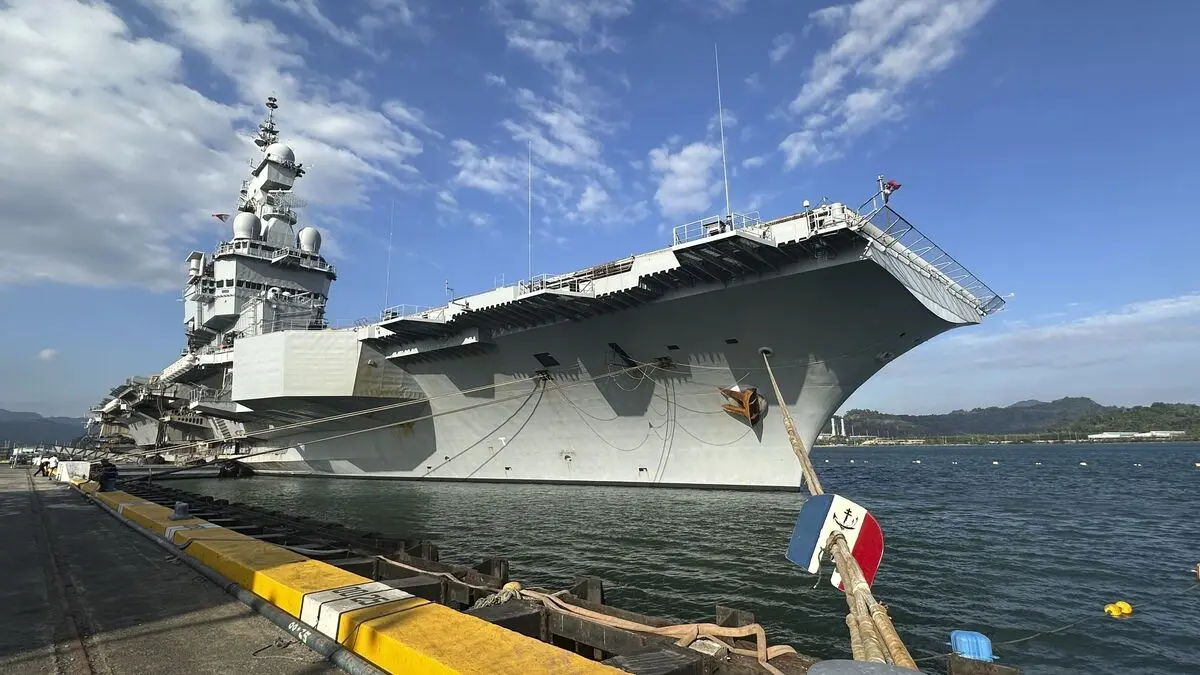Is Homs about to fall, it's time to ask whether the regime still has a functioning state, according to analyst Aron Lund.
On Thursday, it became clear that jihadist rebel forces in Syria had taken control of another major city, Hama. The metropolis of Aleppo was quickly captured last week in a surprise offensive.
It seems that the rebels have the momentum and I assume that their next target, if they have sufficient people, resources, and logistics, is the city of Homs, located directly south of Hama, says Aron Lund, Middle East analyst at the Total Defence Research Institute (FOI).
A Death Blow to the Regime
Homs is important for various reasons, according to Lund. The city connects both northern and southern Syria, as well as the capital Damascus and the coastal areas.
If the rebel forces take Homs, the capital will be cut off from the president's main strongholds on the coast, and the regime will lose, among other things, a refinery and gas pipelines, as well as groups that traditionally support the regime. A death blow to the regime, notes Lund.
The head of the Syrian Human Rights Observatory (SOHR) said before Hama was captured that the city's fall would mark the beginning of the regime's fall.
Lund sees the fact that the rebel forces also managed to capture Hama as a sign that the uprising groups are not just lucky in Aleppo.
If they move on to Homs and take the city, then I think it's time to conclude that this regime is no longer a functioning state.
The Risk of Chemical Weapons
However, Lund says that one should not look at this issue in binary terms. It's not black and white.
I don't think the regime will pack up and leave, and that Bashar al-Assad will nicely step down. They will likely fight on in various ways.
Furthermore, Lund says that it can no longer be ruled out that the rebels will make it all the way to Damascus.
What can save the regime is unclear – much depends on what kind of help its allies Russia and Iran can provide. A major question is whether chemical weapons are an option.
If al-Assad chooses that path, it will likely lead to the US bombing the regime, according to Lund. But in a desperate situation, al-Assad may feel compelled to provoke an international crisis in the hope that the great powers will not take the side of Hayat Tahrir al-Shams (HTS), the extreme Islamist group leading the offensive.
Syria's President Bashar al-Assad remains in power after the devastating civil war, which was triggered by the Arab Spring in 2011, has ravaged large parts of the country. al-Assad has continued support from Russia, Iran, and Shia militias in the region. Currently, however, his allies are largely tied up in other wars and conflicts.
The wars just to the west, in Gaza and Lebanon, have in a way spilled over into Syria, as Israel has stepped up airstrikes against targets in Syria.
The Assad regime has limited control over Syria's territory, as Kurdish forces maintain self-rule in the northeast and another collection of rebel forces hold areas in the north and northwest, largely with support from Turkey.






